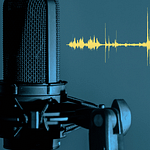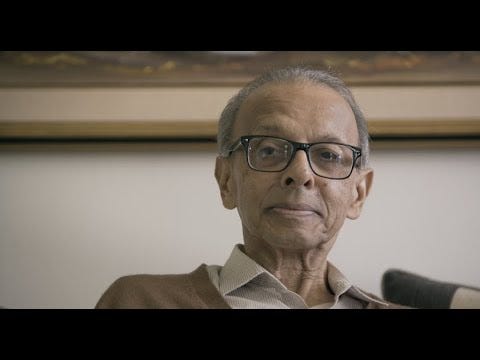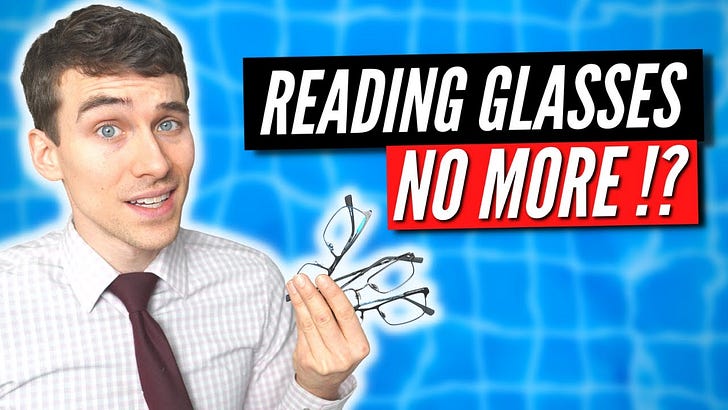
You can send email to anyone in the world. Easy.
But getting them to read is impossible.
Anyone can make movies these days.
But you'll have to lock audiences in to watch
Photography has become easy.
But even selfies aren't holding our attention
It's easy to wash clothes in washing machines.
But they still have to be dried, folded and stacked.
Attending classes on parenting is easy.
But bringing up children is hard.
Planning a vacation is easy
Getting through it is work.
There are hundreds of solutions to boredom.
Then why is it still a problem?
The curriculum has been made easy for kids
But they persist in being difficult.
Retirement was supposed to be easy
So why is everyone coming out of it?
Now you can learn anything, anytime
But finding a job hasn't got easier.
Ordering a pizza is insanely easy
Working it off at the gym is not
You can connect with thousands of people
But relationships are still disconnected
We find a solution to one problem
But around it, nothing changes
So are we working on the wrong problems
Or is our understanding flawed?
The simpler we want to make life, the more complicated it gets.
Image Courtesy: Photo by Nik Shuliahin on Unsplash
Red light improves your eyesight
I had the same reaction. Disbelief. And, no, it wasn't another WhatsApp forward.
24 people ranging from 28 to 72 with no eye disease were recruited as part of a human experiment.
After testing mice, bumblebees and fireflies earlier had shown encouraging results.
Don't ask me how they test these things. Lots we'll never know.
This is how the experiment was conducted
All participants were given a small LED torch to take home and were asked to look into its deep red 670nm light beam for three minutes a day for two weeks.
They were then re-tested for their rod and cone sensitivity
On young people, no impact. If your vision is already perfect, how can it improve?
The major finding was in people over 40.
Improvements of up to 20%. Even in people much older.
The encouraging part is that our retinal cells can be recharged simply by exposure to the right wavelengths of light. Recharging in 3 minutes? Now that's fast.
Delivered through simple and cheap devices.
In a world where we don't take our eyes off screens, this is an awesome discovery.
Now, let me squint into my mobile again.
How would you pitch this?
The Science Daily article provides more details
A country that was ready for Covid before Covid
100% of the schools in the country were equipped for online teaching and learning.
99% of government services were provided online as well.
People didn't have to leave their houses to vote. Even that could be done online.
Wireless internet access is available for free almost anywhere in the country.
Children learn to code from the first grade. Obviously, they've grown to become among the most accomplished globally.
Citizens own all their personal data, can provide permissions when required and get to know when anyone views it.
The seeds of the digital nation were sown back in 1995. The internet itself was in its early phase.
The difference was that they trusted the government to deliver.
So, when the pandemic struck, the only additional platform created was to match volunteers to people needing help locally.
Teachers continued to teach and children continued to learn.
Doctors found time to provide intensive care to those who needed it the most.
The country does not make headlines because normal is boring.
Not the stuff that media can feast on.
The population of 1.3 million people are progressive digital natives.
In case you haven't already guessed, the country is Estonia













Share this post